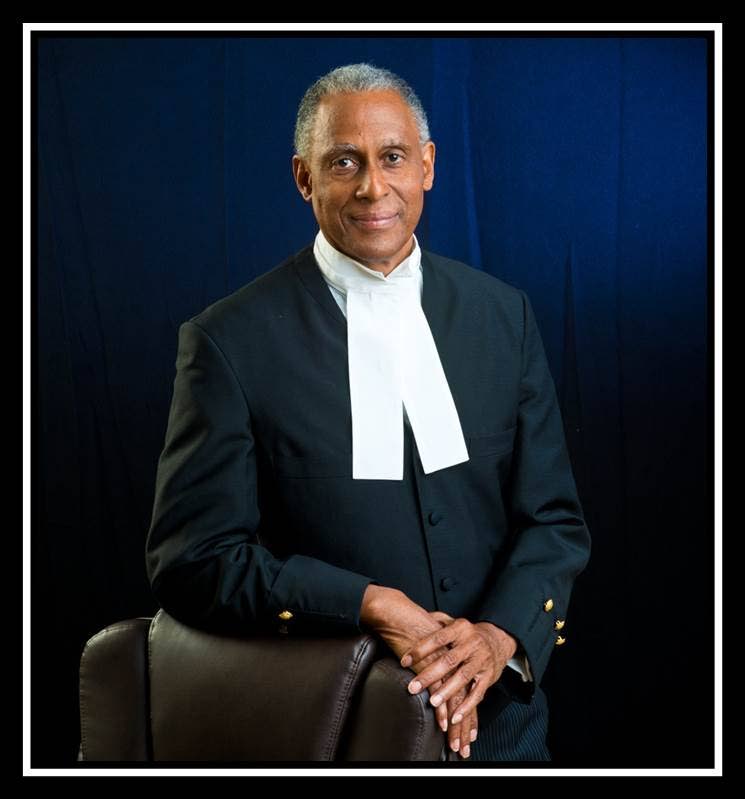CCJ pres calls on TT, Jamaica to get on board

THE number of judges at the Caribbean Court of Justice (CCJ) could be increased if TT and Jamaica accept the CCJ as their final appellate court. Newly appointed CCJ President Justice Adrian Saunders made this point to reporters after a special sitting of the court at its Port of Spain headquarters on Friday. The sitting was held to celebrate Saunders' elevation to the post, as a result of a decision made at last week's Caricom Heads of Government Meeting in Montego Bay, Jamaica.
Saunders explained the Revised Treaty of Chaguaramas, which established the court "actually makes provisions for ten judges."
"We only have seven judges now." In the current scenario, Saunders said these judges can comfortably handle appeals coming from smaller countries such as St Lucia or St Vincent and the Grenadines. Should TT embrace the CCJ as its final appellate court, Saunders said, "There is every likelihood that we might need another judge as well."
TT sends most of its appeals to the Privy Council in London, he observed. With the CCJ headquartered in TT, Saunders said it was much easier "for litigants to send their cases here."
"The court actually produces and has produced for this year, far more judgements for the four countries that are on board with appellate jurisdiction than the Judicial Council of the Privy Council has produced for several other states who are sending their final appeals to them."
This could be a case, Saunders continued, that "proportionately more appeals come to our courts, because our court is nearer to the people geographically and from a philosophical standpoint." The CCJ uses facilities such as video-conferencing and audio-conferencing to ensure appeals are facilitated. While individual Caricom countries must determine on their own whether or not they will embrace the full application of the CCJ, Saunders said more information must be provided "about the court about what it does and the processes we undertake."
This is important, he continued "so that people can get a greater sense of confidence about the court and about our ability to be a protector of the rights of the people." Saunders said there is a common thread which runs through all its judgements. "That is we promote the rule of law." Through greater public education, Saunders was confident that more people in the region see the CCJ as "an independent institution" which is "not a tool of any government."


Comments
"CCJ pres calls on TT, Jamaica to get on board"